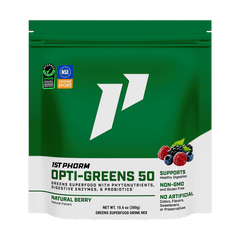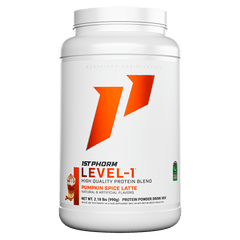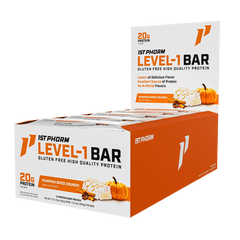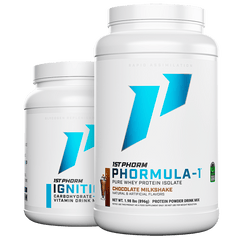Making Cardio Enjoyable
For a number of people, performing cardio is comparable to having a root canal. Or any other type of experience that a majority of people would describe as awful. Other words I’ve heard to describe a session of cardio are terrible, nauseating and painful. This is unfortunate too because many forms of cardio are a great way to burn a good deal of calories. The bigger and more fit you are, the more calories overall you will burn, which will help you shed the pounds or allow you to cut loose and have a cheat day without being overly concerned about gaining some weight.
For a number of guys, resistance training is more enjoyable for many reasons, but largely because it’s not boring. Workouts are interspersed with periods of rest and periods which involve intense efforts that demand strength, power and mental focus. This pattern is quite similar to many sports popular today in our society including football, basketball, hockey and soccer. Intervals are an increasingly popular way of performing cardio exercise. A number of studies have compared the benefits between traditional forms of cardio exercise and interval exercise. Results from these studies are exciting because they tell us that BOTH forms of cardio are effective at improving fitness as well as burning calories. While more research continues to pour in, some of these studies even indicate that interval exercise may be more effective at improving fitness. Other studies have had research participants complete both forms of exercise and concluded that a number of proteins inside muscle are positively changed as well.
While improving fitness is important, a workout or type of exercise isn’t that great if you won’t perform it. That’s right, you can talk all you want about how great a workout is, but if you won’t do it, so what! A recent study has a group of well-trained men approximately 25 years old perform two bouts of cardio exercise. One bout was a traditional form of cardio that required the participants to run for 50 minutes at approximately 70% of their maximum capacity. The other workout was an interval workout which first consisted of a seven minute warm-up at 70% of their max. The 36 minutes of the workout consisted of alternating three minute bout of running. The “work” phase was a three minute period completed at 90% of their maximum capacity and the “rest” phase was a three minute period performed at 50% of their maximum capacity. In an alternating fashion, both the work phase and rest phase were completed six times and this entire part of the workout was the interval portion. This workout concluded with a seven minute cool-down at 70% of their maximum capacity.
Throughout each workout the participants had their heart rate, exercise intensity and how many calories which were burned determined and after each workout the participants completed a survey where they rated a number of factors that determined their level of enjoyment with the exercise session (Bartlett, Close et al. 2011). In an encouraging fashion, the participants indicated significantly higher levels of enjoyment or satisfaction when they completed the interval workout.
Now for those of you who regularly suffer through a session of traditional cardio exercise these results may come as no surprise, but the results nonetheless are exciting. As mentioned previously, the best workout is the one you will complete regardless of who recommends it or how many books have been written about it. Adherence to exercise programs and diets are a critical factor that predicts success and if you have the opportunity to make your cardio more enjoyable, then you should consider it.
Interested in trying an interval workout after hearing these results? You should be. The first thing to consider and most important thing to remember with intervals is that it can be 100% flexible and 100% instinctive. As a result, hundreds of different interval workouts can be developed. Here’s how you do it. Each workout consists of a work phase and a rest phase. The work phase could be viewed as the more difficult or challenging phase and the rest phase is well when you rest. Remember, the workout can be completely flexible so if you are 30 pounds overweight and haven’t been on a treadmill since the first George Bush was our President then your work phase could be walking at a fast phase on an incline and the rest phase could be slow walking. How long should each phase be? Again, it depends, but the work and rest phases are oftentimes the same length, say two minutes each, but if you want to challenge yourself, then make the work phase longer than the rest phase.
What if you are more fit? Doesn’t matter and the same rules of flexibility apply. Pick some parameters, set the speed, set the duration and number of intervals and get started. If your chosen parameters feel too difficult, then dial things back a notch, but don’t feel like you need to change everything. Whether you choose to perform traditional cardio exercise or interval exercise is up to you, but the benefits for completing intervals are widespread which include improved fitness, excellent calorie burning, great fat burning and according to recent research, more enjoyable as well (Bartlett, Close et al. 2011).
REFERENCES
Bartlett, J. D., G. L. Close, et al. (2011). “High-intensity interval running is perceived to be more enjoyable than moderate-intensity continuous exercise: implications for exercise adherence.” J Sports Sci 29(6): 547-553.











